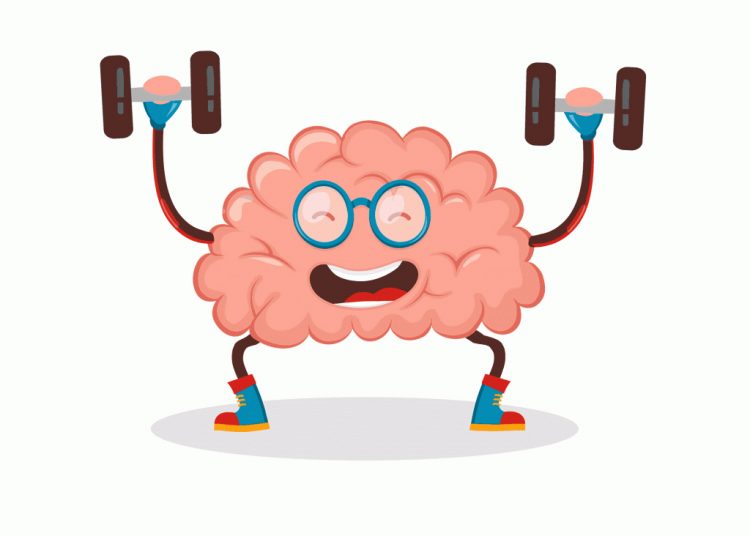
The human brain plays a significant role in how you perceive and respond to the world. Understanding how negativity can hijack your thinking, empowers you to take control.
By employing the tools and techniques outlined in this article, you can interrupt the downward spiral, challenge negative thoughts and build a stronger foundation for mental well-being.
The downward spiral: How your brain works
Before diving into techniques, let’s explore what happens in your brain when negativity takes hold. The brain is wired for survival, and negativity can serve as an early warning system, alerting you about potential threats. However, when negativity becomes chronic, the amygdala, which is the brain’s fear centre, becomes overactive, leading to a heightened stress response. This, in turn, can cloud your judgment and make it difficult to see things objectively.
The prefrontal cortex, which is responsible for reasoning and critical thinking, gets sidelined in this stressed state. This is why negative thoughts can quickly spiral – the part of the brain that could help you challenge them is offline.
Practical tools to break the cycle
Here are some practical tools to help you challenge negative thoughts and regain control of your thinking:
Catch yourself: The first step is to become aware of your negative thinking patterns. Pay attention to your self-talk and identify recurring negative thoughts.
Challenge the thought: Once you have identified a negative thought, don’t accept it as the truth. Ask yourself questions like: Is this thought realistic? Is there evidence to support it? What’s a more balanced way to look at this situation?
Reframe the narrative: Replace negative thoughts with more positive or neutral ones.
Here is an example:
- Negative thought: ‘I’m going to mess up this presentation, everyone will think I’m incompetent.’
- Challenged thought: ‘I’m prepared, and even if I make a mistake, I can recover.’
- Reframed thought: ‘This presentation is an opportunity to showcase my knowledge.’
Focus on facts: Ground yourself in reality by focussing on objective facts rather than emotional interpretations.
Practise gratitude: Shift your focus to the positive aspects of your life. Taking time to appreciate what you have can boost your mood and counter negativity.
Self-compassion: Be kind to yourself. Everybody make mistakes, and negative thoughts are normal.
Seek support: Talk to a trusted friend, family member or therapist if you are struggling to manage negative thoughts on your own.
CHECKLIST FOR CHALLENGING NEGATIVE THOUGHTS:
- Identify the negative thought: What am I telling myself?
- Challenge the thought: Is this realistic? Is there evidence to support it?
- Reframe the thought: What is a more balanced way to look at this?
- Focus on facts: What are the actual facts of the situation?
- Practise gratitude: What am I grateful for in this moment?
By incorporating these tools into your daily life, you can gradually weaken the negative thought spiral and cultivate a more positive and resilient mindset. Remember, the brain is adaptable, and with consistent effort, you can rewire your neural pathways to promote a healthier thought process.









